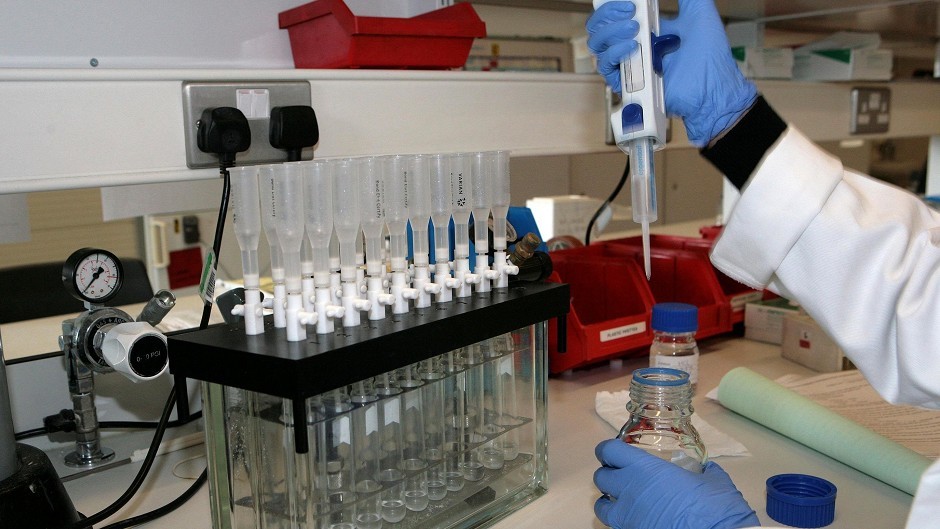It’s a diet heralded by celebrities who say it helps them stay trim.
But one group of north-east scientists wants to investigate if embarking on a gluten-free diet really is beneficial for our health.
One hundred volunteers are being asked to sign up for a seven-week study led by Aberdeen University to examine if eliminating wheat makes us feel less bloated and more energised.
The study – funded by a £100,000 grant from the Scottish Funding Council and Technology Strategy Board and supported by a gluten-free food company – will help inform health guidelines and the food industry about the potential impact of a gluten-free diet.
Dr Alex Johnstone from the university’s Rowett Institute of Nutrition and Health said: “Gluten-free diets are prescribed for people diagnosed with celiac disease, where their gut has an inflammatory response to wheat.
“But more and more individuals are choosing to remove wheat from their daily intake because of the positive impact they believe it has on their sense of well-being.
“Anecdotally, individuals report they experience less bloating and higher levels of energy.
“There is very little scientific data to give evidence of these potential health benefits, and this is what our study will aim to provide.”
Volunteers will eat normally for a week, then follow a gluten-free plan for three weeks, before returning to their normal diet for a further three weeks.
Throughout the gluten-free phase, substitutes will be provided including pasta and bread.
The volunteers will be asked to keep a food diary and attend the Rowett Institute in Bucksburn once every three weeks to have blood, faecal and breath samples taken.
Dr Karen Scott, from the Rowett Institute, said they wanted to recruit “healthy” people who do not follow a gluten-free diet.
“Our research will provide valuable information to enhance understanding of a gluten-free lifestyle,” she said.
“This will inform the growing number of food producers developing products that are ‘free from’ certain ingredients. It could also have implications for health guidelines in the future.”
To volunteer contact Efsevia Nikokavoura on 01224 438667 or by e-mail on e.nikokavoura@abdn.ac.uk
For more information visit www.abdn.ac.uk/rowett/volunteer/glutenfree-study.php
